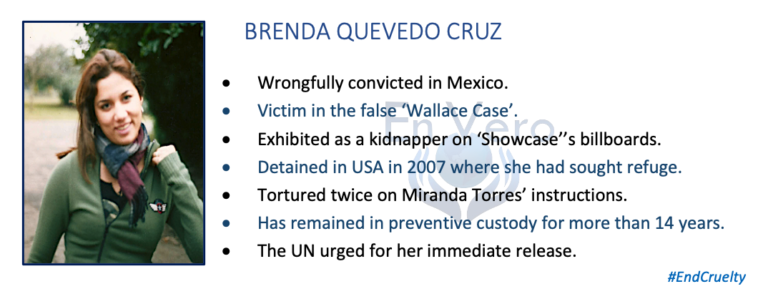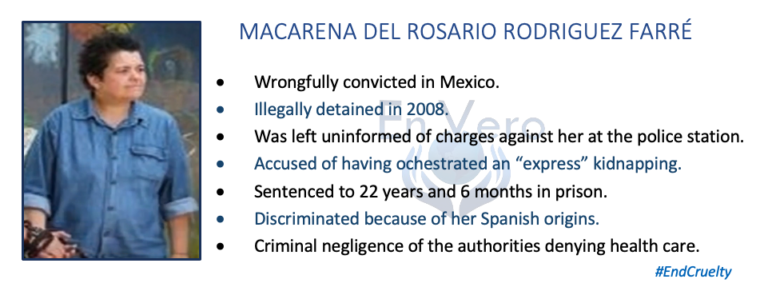Source: Center for Human Rights in Iran
April 24, 2019
Mohammad Ali Taheri Released from Prison in Iran After Serving Nine Years, Case Status Unclear
On April 24, 2019, Judiciary Spokesman Gholam-Hossein Esmaili told reporters that all outstanding sentences in Mr. Taheri’s case have been rescinded according to Article 134 of Iran’s Islamic Penal Code. Ejei added, without specifying that “…he is still under certain legal and social restrictions that are still in effect in proportion to his crimes.”
An appeals court in Iran ordered the official release of Shiite mystic Mohammad Ali Taheri from Tehran’s Evin Prison on April 17, 2019, nine years after he was imprisoned, his lawyer told the Center for Human Rights in Iran (CHRI).
“In effect as of today, Mr. Taheri is officially and legally a free man,” Taheri’s attorney Mohammad Zaman Daryabari told the Center for Human Rights in Iran (CHRI) that day.
“Branch 36 of the Revolutionary Appeals Court nullified the prior sentences based on Article 510 of the Criminal Procedures Regulations and Article 134 of the Islamic Penal Code and in a single ruling declared the convictions terminated,” he added.
However, on April 17, an Iranian state media outlet quoted someone identified as an “informed source” stating that the charges against Taheri have not only been dropped, his furlough (temporary leave from prison) has been extended.
“Mohammad Ali Taheri, who was granted furlough for the Iranian new year, was given an extension based on an order issued by the judiciary chief,” reported the Iranian Students News Agency (ISNA).
ISNA added that Taheri is facing more time behind bars because Branch 36 of the Appeals Court in Tehran upheld a five-year prison sentence against him based on the charge of “corruption on earth” issued by Branch 15 of the Revolutionary Court. It is unclear whether the sentence will be enforced or how long Taheri is allowed to remain out of prison on furlough.
The 63-year-old leader of the banned Erfan Halgheh spiritual group had been imprisoned since 2010 and completed a five-year prison sentence in May 2016 for the charges of “insulting the sacred,” “immoral contact with women,” and “carrying out illegal medical procedures.”
But he was kept behind bars past his release date after new charges were brought to him on the basis of his books focused on spirituality. He was released on bail in March 2019 and officially freed one month later.
Taheri was twice sentenced to death for the charge of “corruption on earth,” but in August 2017 the Supreme Court struck down the rulings.
In January 2019, his attorney told CHRI that his client had appeared at Branch 3 of the Security Court in Tehran to face three new charges of “apostasy” “insulting the Prophet,” and “publishing falsehoods and collusion against national security” but all the charges were ultimately dropped.
The Islamic Republic views any alternative religious belief system, especially those seeking converts, as a threat to the country’s Muslim Shiite majority and has imprisoned members of the severely persecuted Baha’i and Sufi faiths.
Islam, Christianity, Judaism and Zoroastrianism are officially recognized as protected religious minorities in the Iranian Constitution but Christian converts face severe persecution, including long prison sentences if caught publicly practicing their faith.




